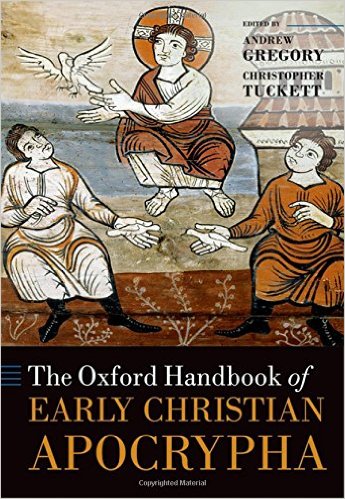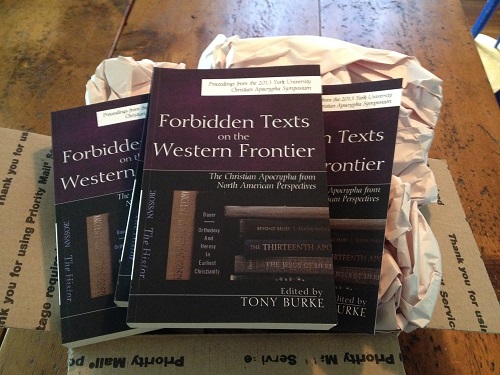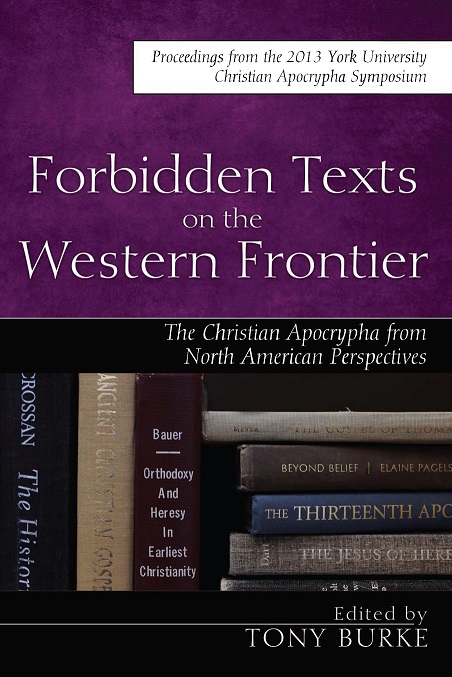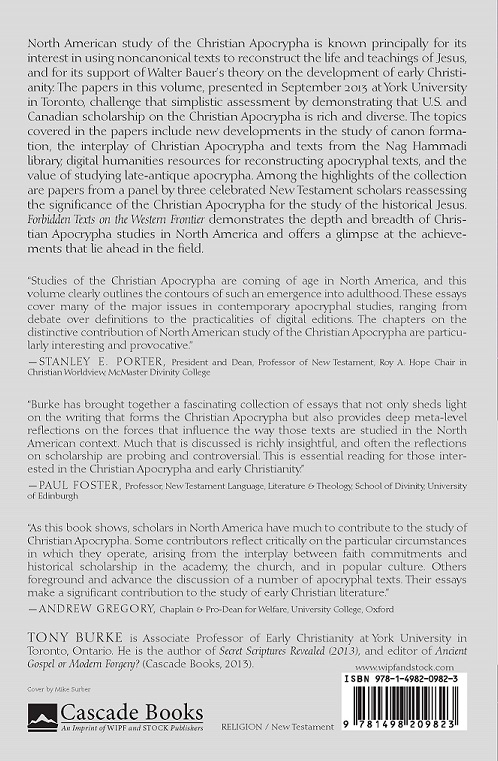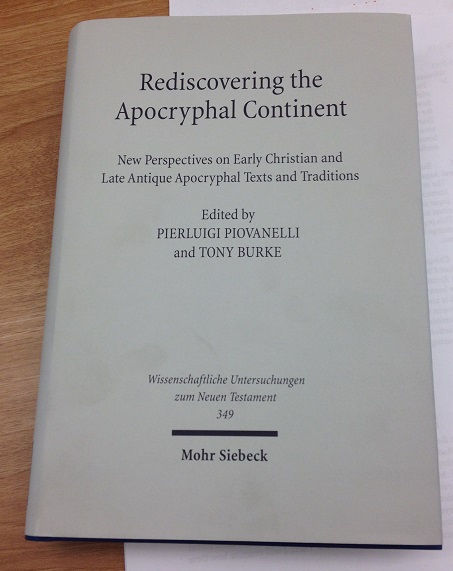YCAS Profiles 5: Brandon Hawk
This is the fifth in a series of profiles of the presenters at the upcoming 2015 York University Christian Apocrypha Symposium to be held September 25-26 at York University in Toronto. Remember, if you register for the symposium, you will receive drafts of the papers in advance, thus enabling you to participate more fully in the discussions that follow. For registration information, visit the YCAS 2015 web site (HERE).
 Brandon W. Hawk is Assistant Professor of English at Rhode Island College. He is currently working on his first book, Preaching Apocrypha in Anglo-Saxon England, which challenges normative assumptions about versions of parabiblical gospels, acts, and apocalypses in Old English sermons, suggesting that these apocrypha are a significant part of the apparatus of tradition inherited by Anglo-Saxons.
Brandon W. Hawk is Assistant Professor of English at Rhode Island College. He is currently working on his first book, Preaching Apocrypha in Anglo-Saxon England, which challenges normative assumptions about versions of parabiblical gospels, acts, and apocalypses in Old English sermons, suggesting that these apocrypha are a significant part of the apparatus of tradition inherited by Anglo-Saxons.
While earning his MA (2007) and PhD (2014) in the Medieval Studies Program at the University of Connecticut, Hawk learned the value of interdisciplinary scholarship. With this perspective, most of his interests in research and teaching encompass what might be called transmission studies: the afterlives of texts and ideas, including circulation, translations, adaptations, and representations in various cultures and media. About his research, he says, “Scholars have focused to a large extent on early Christian Apocrypha, but many apocrypha have yet to be studied from the medieval period—either created then, or transformed into new iterations.” One of these texts is the Gospel of Pseudo-Matthew, an expansive Latin adaptation of the earlier Protevangelium of James, which circulated widely in the …

